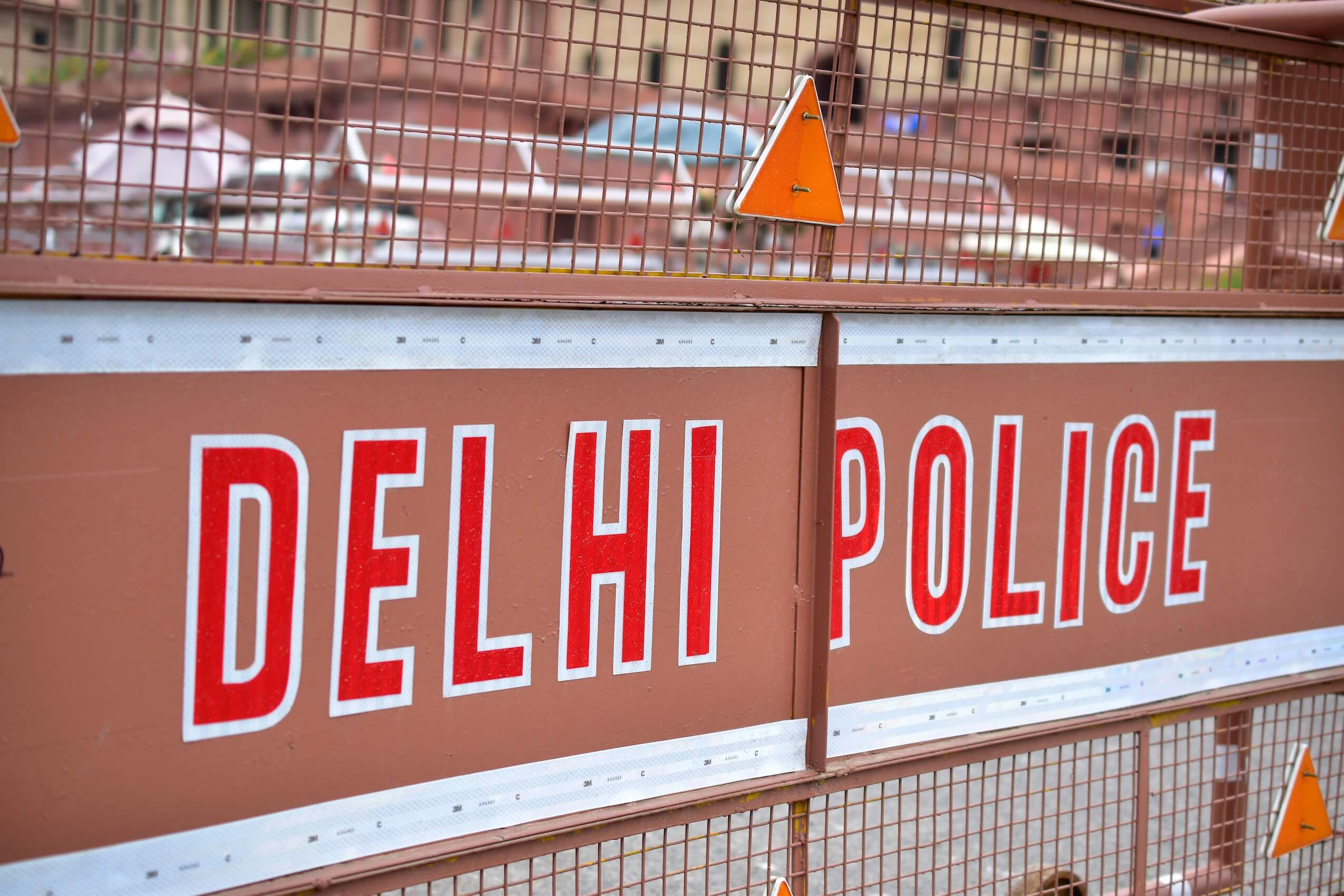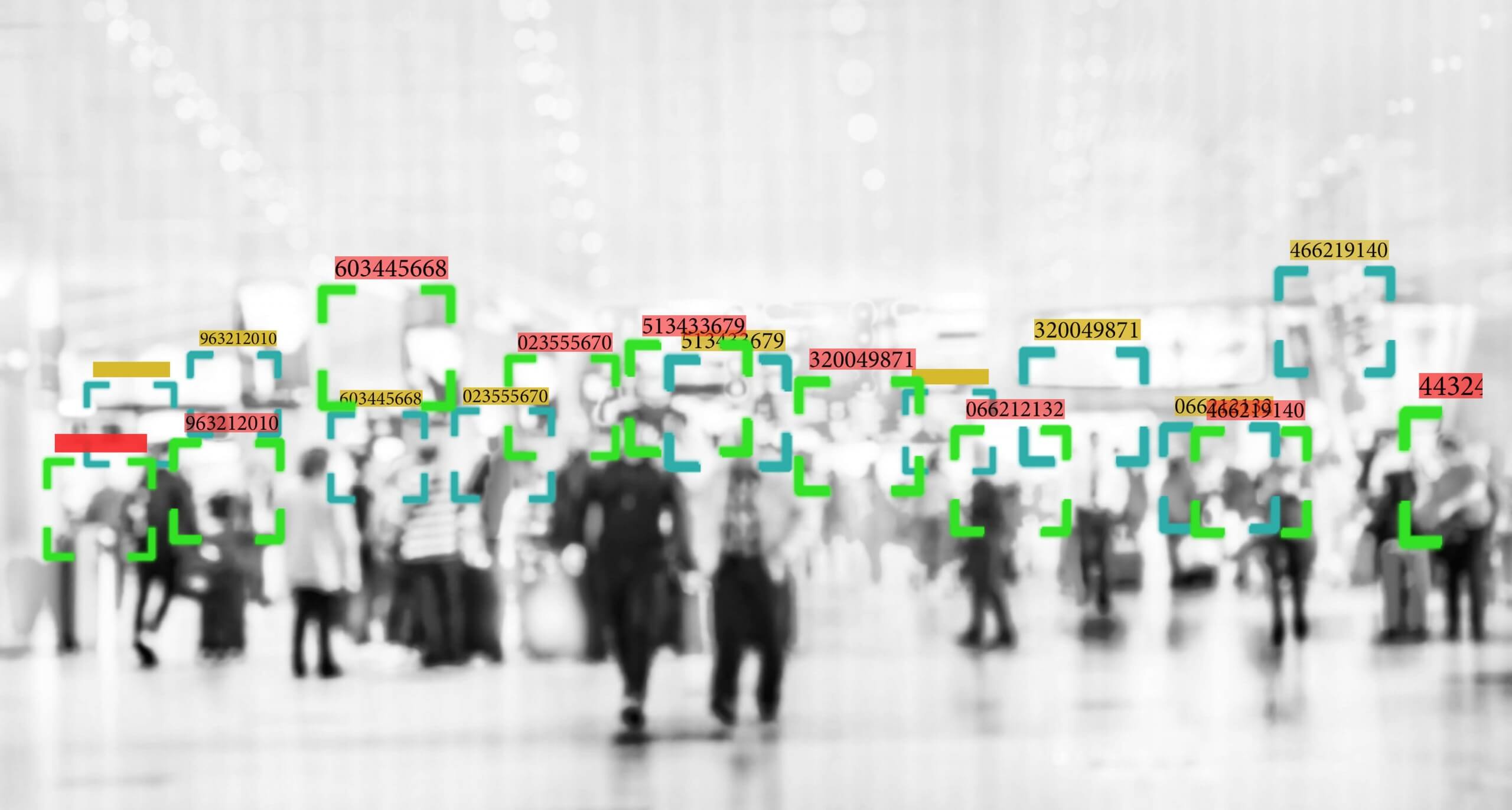A hot potato: The use of facial recognition by law enforcement is not just a hot-button issue within the United States. Privacy advocates around the world see it as a problem that violates fundamental human rights. India's parliament is the most recent to come under fire after admitting to using what some are calling an unreliable biometric system on its citizens.
Government officials in India have admitted that law enforcement agencies used a facial recognition program to identify more than 1,100 protesters during a February riot in the nation's capital of New Delhi. The individuals are alleged to have participated in "communal violence." The system is also highly inaccurate, privacy advocates claim.
Amit Shah, India's home minister, said that police fed the face-recognition software with images from various databases, including state-issued identification cards, driver's licenses, and the Aadhaar system. Aadhaar is a unique 12-digit ID number based on biometric and demographic data. Aadhaar numbers have been issued to over a billion residents in India.

TechCrunch notes that when criticized for "dragging innocent" parties into the facial surveillance, Shah said, "This is a software. It does not see faith. It does not see clothes. It only sees the face, and through the face, the person is caught."
There is allegedly a lot more that the software does not see. The facial recognition system was initially implemented to identify missing children. The IFF claims that in 2019 the program only had a one-percent accuracy rate and often failed to tell the difference between boys and girls.
The group also contends that the government has implemented the software without judicial authorization. This use goes against court precedence set in 2017 and 2019.
"The use of Aadhaar for this purpose without any judicial authorisation violates the judgement of the Supreme Court in KS Puttaswamy v. UoI (2019)," said IFF Executive Director Apar Gupta. "All of this is being done without any clear underlying legal authority and is in clear violation of the Right to Privacy judgment (that the Indian apex court upheld in 2017). Facial recognition technology is still evolving, and the risks of such evolutionary tech being used in policing are significant."
Image credit: Funstock via Shutterstock
